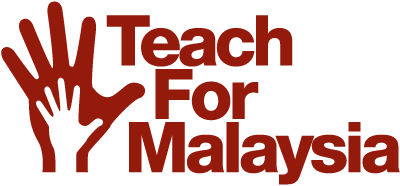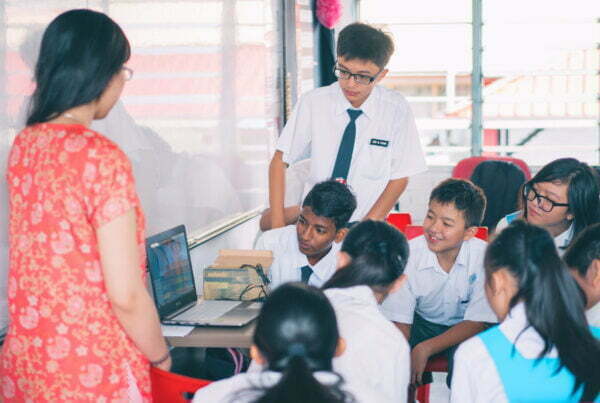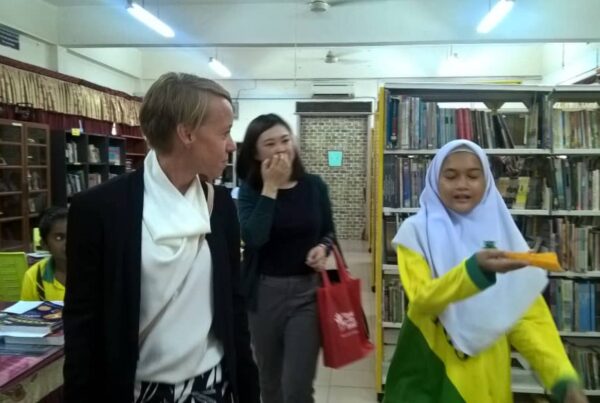Ahmad, Syed’s father, knows first-hand how limiting illiteracy is.
Syed is a Form 2 student, studying in a school in Klang. His family came to KL from Sabah in search of better employment and education opportunities. They live in a small low-cost flat in Klang, made possible through zakat. Ahmad sells wholesale phone accessories daily in the morning market. It’s not every day that he manages to sell his stock. The family’s entire monthly income is a mere RM1000.
Ahmad is illiterate; he cannot read, nor write. He managed to save up enough money to buy a motorcycle for his work. However, he drives his motorcycle illegally as he is not able to get a license. He cannot take the test, as he does not understand the questions, nor is able to write the answers for them. There are often police roadblocks just outside their house that he has to avoid each day. Because he is not able to read road signs, Ahmad has to memorise every route.
Job options are also highly limited because of his illiteracy. For example, he can’t work as a security guard because he is not able to read or take down visitors’ personal details.

Children of parents with low literacy levels have a 72% chance of being at the lowest reading levels themselves.
Source: National Bureau of Economic Research (NBER)
Fatimah, Syed’s mother, has low levels of literacy. Some of Syed’s siblings have medical needs. Fatimah’s illiteracy greatly add to her fear of taking them to visit a doctor, as she is afraid she will not be able to understand what the doctor says, or read the medicine given.
Although Syed is struggling at school and would benefit from additional after-school classes, his family cannot afford to pay for his transport back from school.
Fatimah has shared how much she and Ahmad desire to learn how to read and write on a basic level. She hopes that Syed and her children will be able to break out of the cycle her and Ahmad are in, through their education.
There are thousands of families out there like Syed’s. If you are reading and can understand this story, you are already miles ahead of them.
*Names have been changed to protect the privacy of individuals.






